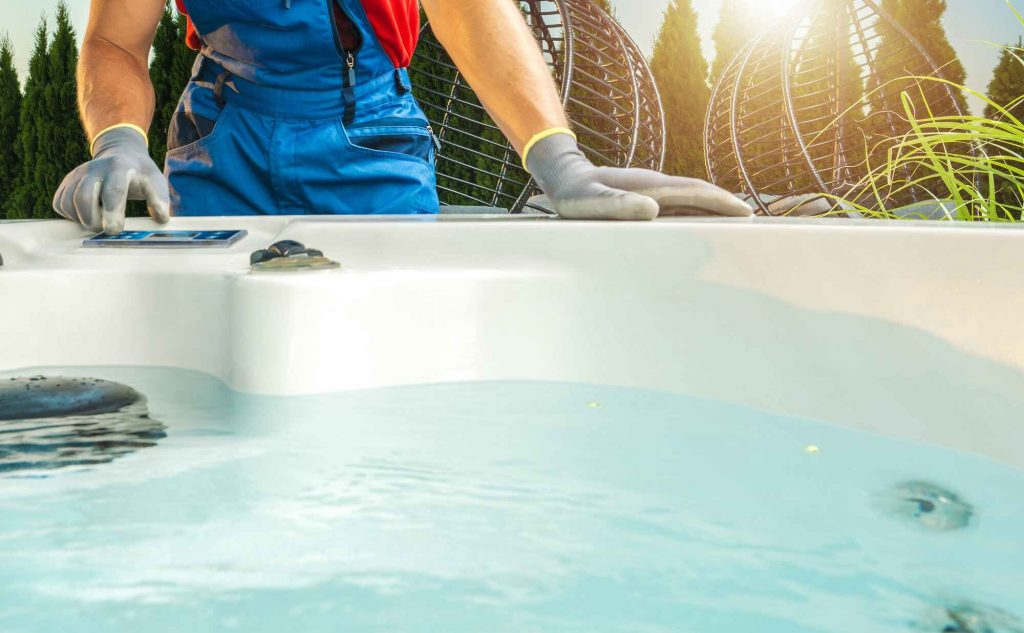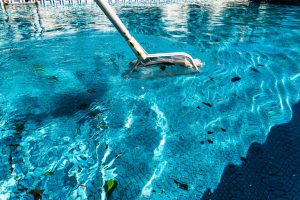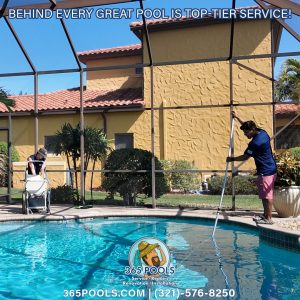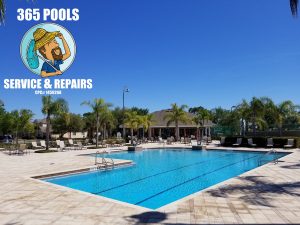By Tommy Diaz, 365 Pool Service / tdiaz@365pools.com
This material has been reproduced with the express permission of the Florida Swimming Pool Association (FSPA).
I am sure that by this time, if you are in the commercial pool sector, you have seen this new rule. Spas residual chlorine limits have been lowered from 10ppm to 5ppm.
You heard me right, lowered. If this is the first time you have seen this new rule, your mind is in overdrive thinking about all the ramifications to your business and your customers. You might ask yourself, as I did, why would we want lower chlorine levels in spas? Socrates was declared to be the wisest man in the world by the oracle at Delphi when he said, “I only know that I know nothing.” I can’t answer the reasons for these changes, however, I hope I can help you navigate them.
Let’s talk about the perils of a lower chlorine residual in a spa.
Bathing Load:
In my experience, most spas are not regulated by a pool attendant to meet bathing load requirements. Comparing 1.5 bathers in a 1,500-gallon spa, it is roughly equivalent to 6.67 bathers in a 10,000-gallon pool. That’s right folks, that ten-person party in a commercial spa on Friday night is equivalent to 66.7 people in a 10,000-gallon pool.
Water Borne Diseases
- Cryptosporidiosis: This is an infection caused by cryptosporidium. Cryptosporidium, as we all know from public pool service certification class, is notoriously resistant to chlorine. Low chlorine levels can allow this harmful bacterium to persist in spa water, leading to gastrointestinal illness.
- Gastroenteritis: Low chlorine can enable the survival and transmission of various pathogenic bacteria like E. coli, salmonella, Shigella, which can cause severe gastrointestinal infections.
- Legionnaires Disease: The bacteria Legionella pneumophila, which causes Legionnaires disease, can thrive in inadequately treated spa water. Inhalation of contaminated aerosols generated by spa jets can lead to severe respiratory illness.
- Skin infections: Low chlorine levels can also foster the growth of skin pathogens, such as Pseudomonas aeruginosa, which can cause skin and ear infections in spa users.
- Respiratory infections: Inhaling mist or vapor from poorly maintained spa water can lead to respiratory issues, especially in individuals with compromised immune systems.
Environmental Factors
Environmental factors can significantly contribute to low chlorine levels in a swimming pool. Here are a few:
- UV light
- Rainfall
- Landscaping/trees/organic matter
These factors contribute to chlorine demand and can act as nutrient sources for bacteria and algae.
Temperature – Hot Water:
As we know, hot or warmer water can have a major impact on the effectiveness of chlorine as a disinfectant. Generally, as water temperatures rise, the oxidation rate of chlorine increases. Hotter water temperatures lead to a more rapid depletion of chlorine levels, making it less effective in combating harmful microorganisms and maintaining water quality.
As pool service providers, our mission is to protect the equipment and the swimmer. As commercial pool service providers, it is also our duty to inform our customers about liability and help them understand their exposure.
The new lower spa residual rule may seem overwhelming to you as a pool pro. Even with controllers, it will challenge your prowess; without controllers it is going to be a very difficult target. Here are some things you can do to win:
- Educate yourself on controllers and learn how to use them to your maximum advantage. Go to the manufacturer website and download the manuals. Find out who your representative is and schedule your team for a training session.
- Educate your client about controllers and ask them to install them on their spas ASAP.
- Recommend to your clients that due to the new rules, they need to increase their service intervals to 5-7 days a week. I would recommend that you add a new service to your offerings that is spa-only specific. Take care of the pool for three days and spa only two additional days. Explain the liabilities and how water balance is affected.
- Educate your team! Train, train, train your team on water balance weekly.
Tackling this new rule is absolutely going to be challenging, but with dedication and perseverance and the right strategies, we can do it! We need to stick together. If you want to chat, send me an email at tdiaz@365pools.com.
FSPA is working diligently with our partners in the Florida State Legislature, Department of Health, and governor’s office to revisit this rule change as soon as possible. If you have comments or insight on how this rule will affect the operation and maintenance of public spas, please email FSPA Sr. Director of Government Affairs Dallas Thiesen at Dallas@FloridaPoolPro.com.






